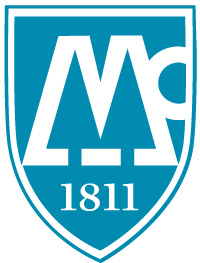 L-S School Committee
L-S School Committee
The Lincoln-Sudbury School Committee will hold a public hearing on Tuesday, Feb. 5 at 7:30 p.m. in Conference Room B at the high school regarding (a) the FY20 school budget and (b) school choice.
- Updated L-S FY20 Budget Presentation at the Lincoln Finance Committee’s second budget Workshop (1/23/19)
- LS FY20 Proposed Budget Book (1/22/19)
Historical Commission
The Lincoln Historical Commission will hold two public hearings on Tuesday, Feb. 5 starting at 7:30 p.m. in the Donaldson Room to consider the following applications
- Lincoln Public Schools, to demolish more than 25 percent of the Smith School on Ballfield Road.
- 9 Lewis Street Realty LLC, to demolish the entire front structure and more than 25 percent of the rear building at 9-13 Lewis St.
Conservation Commission
The Lincoln Conservation Commission will hold a public hearing on Wednesday, Feb. 6 at 8 p.m, in the Lincoln Town Offices. This is in response to the Notice of Intent filed by Peter Blackler of Valley Pond Corp. for the management of seasonal algae blooms within the swim pond within the Valley Pond property.








